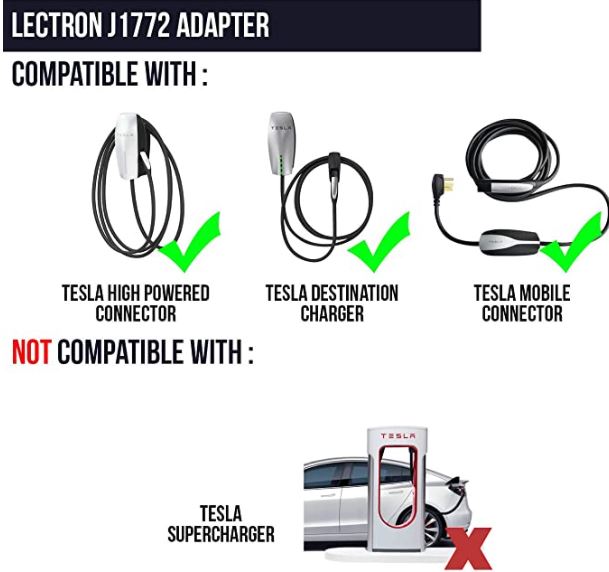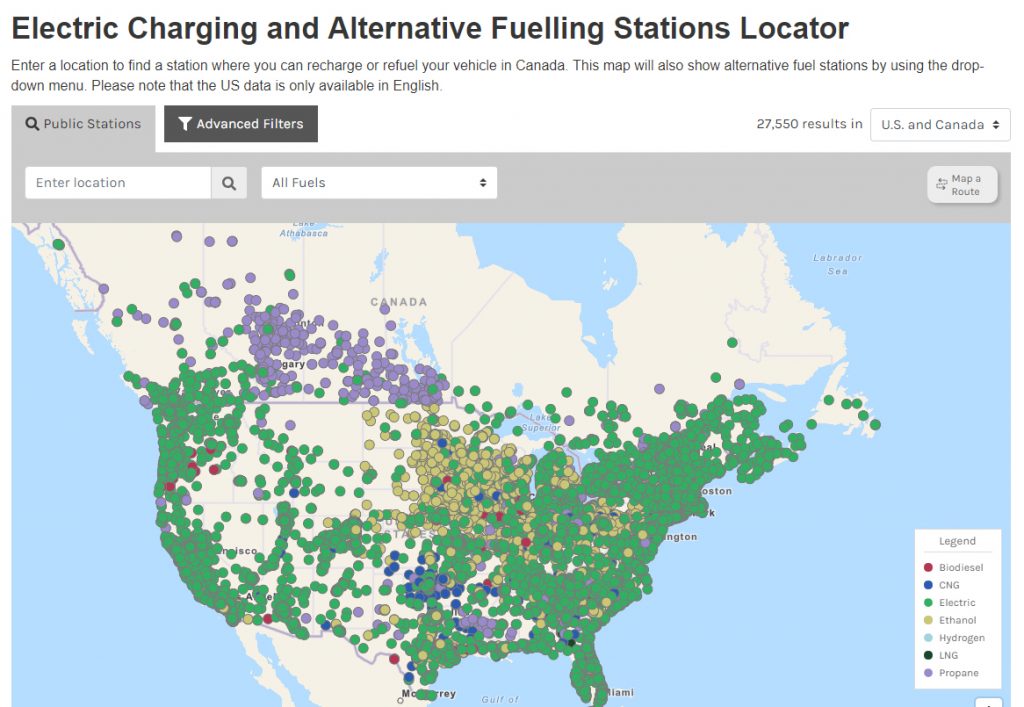
It costs a fraction to charge an EV than it would to fuel a car with a gas engine. The costs vary depending on the model of EV, the amount of time you are able to charge your car and the region you live in. At home charging an EV is the cheapest. If you plan to travel for extended periods of time, you may need a public charging point.
Depending on where your car is located and the type you own, electric cars can be charged at a cost of $10-50. This is a small price to pay for the benefits of owning an EV. The savings begin immediately and grow over the years. Some utilities offer incentives for EV owners, while other utilities recoup the cost of installing charging stations and provide membership programs to cut down on the cost of recharging.

A full charge of an EV with a 300-mile range should cost around $10 to $14. Public chargers and Level 2 chargers are cheaper options. These panels are mounted on walls and connect to a 240-volt circuit. These charging stations offer additional range of 20 to 40 miles per hour. They are also the most efficient way to recharge your battery.
The cost to charge your EV will depend on what EV you have, where you are located and how big your battery is. For the more expensive EVs, you will need a level-2 charger. However, cheaper EVs can be charged at home. Some EVs include a connector kit that allows for you to plug your car in to a 120V household outlet.
The best way to determine the true cost to recharge your EV is to get a breakdown of your own utility bill. This will allow you to compare the cost per kilowatt hour of electricity with the cost of a fueling trip. If your electric car is a model that has a lower energy efficiency rating, you will pay more for the same kilowatt hours than you might expect. Visit your local power plant to get a free estimate.
Weather affects the cost of an EV. The battery's efficiency can be affected by charging it in hot environments. You might also find it more costly to charge an EV when it is cold. You can get an idea of what it will cost to charge your EV by looking at the recommended range and mileage. Keep in mind, however, that one kilowatt-hour is equivalent to one kWh of batteries. This is the most efficient, economical, and environmentally friendly way to charge your EV.

No matter where your EV is charged, you should benefit from any incentives offered to you by your municipality and electricity provider. You may get a federal credit for purchasing an EV. If you purchase an existing EV, your local utility may offer you a rebate. A mobile app can help to choose the most cost-effective charging times. You may also be able make a savings of a few dollars per month.
FAQ
How can I fix my car as a hobby?
Why not make it a hobby if you're interested in cars? You can repair them, buy their parts, sell them, or just have fun with them. This would be a wonderful hobby if you're looking to find something completely different.
It's difficult to make this a fulltime job. This requires dedication and hard work. Also, you will need to put a lot of money into it.
You may not be able to have an emotional connection with cars unless there is a valid reason.
What are the requirements of an automotive technician?
You need to have high school diploma or GED and good grades in English as well as maths. It is also necessary to be able both to read and to write. Before you can start working, you will have to pass a written exam and take a series practical tests.
Do I need to have a degree to work as an automotive mechanic? Can I do part-time studies?
A degree isn't necessary, but it certainly helps. Employers will prefer candidates who have completed a degree. It shows that you've put the effort in and have done everything possible to succeed.
However, it doesn't mean you can't still work while studying. Many universities permit students to take courses during the summer holidays, and then finish their studies in the fall. Other universities permit students to take classes part-time during the school year.
Is it worth being a mechanic.
This question is dependent on your life goals. If you are looking to make money, then yes. But if meaning and purpose is what you seek, then no.
If you don’t have any mechanical skills, it’s pointless to get into it. It will just waste your time. It's not going make you millionaire. It's unlikely that you will be famous. You won't be famous.
This would require you to spend many years learning how to properly do everything. It would be expensive to have your car fixed by someone else. Most people won't bother to do it. They find something better to do instead.
Let's sum it up: If you want to make a lot of money, then do so. The mechanic's profession is not the right place for you if it means that you will live a fulfilled life.
What qualifications does a truck mechanic need?
While you may not have the formal qualifications to perform this job, your skills are well-rounded in working on engines and trucks. You are a valuable asset as you can quickly diagnose and solve problems efficiently.
A solid understanding of diesel technology is also a plus. This will help you understand the components that are needed to fix our vehicles.
What is the best career for an automotive mechanic?
Automotive is an exciting industry filled with opportunities for people who are committed to excellence. Working hard and learning from others is the best way to be successful in this field.
You'll need to have excellent communication skills because you'll spend most of your time talking to customers and other employees. You must also be willing and able to travel long distances, which can make it difficult to commute.
You can take classes at universities and community colleges if you are interested in a career as an automotive technician. Many schools offer programs specific to students interested in sales, auto repair, or customer service.
If you decide to pursue a degree, you should study mechanical engineering. A bachelor's degree can be obtained in four years.
In addition, many companies will hire graduates straight out of school. You should start looking for employment as soon as you are able to continue your studies part-time.
After you have completed your education, you will likely need some training to be able to work as an automotive technician.
You will need to pass the Automotive Service Excellence certification exam. This test covers topics such engine maintenance as brakes, steering, suspension, etc.
Once you have passed the ASE Test, you are eligible to apply for a National Institute for Automotive Service Excellence License.
A license allows you to perform repairs on vehicles owned by private individuals. You'll be paid based upon the number of services provided.
Not all states require licensing. However, licensing is required for anyone who plans to work outside the home state.
Some states don’t issue licenses until a certain amount has been completed. If this is you, you may need another option.
How long does a good mechanic take?
It takes years of practice and experience to become an expert mechanic. Working under the guidance of a professional mechanic is the best way to learn how repair cars.
You will be required to spend time at a car garage learning as much as you can about cars. You'll need to study mechanical engineering books on mechanics and car design.
Additionally, you will need to attend an auto school.
It's crucial to start as soon as possible. Don't wait until you're older to begin studying automotive technology. You can get certified as a mechanic by getting started right away!
Statistics
- 52% of Mechanics in the United States think their salaries are enough for the cost of living in their area. (indeed.com)
- According to the BLS, the median annual salary for automotive service technicians and mechanics in the United States was $44,050 in May 2020. (uti.edu)
- Apprentice mechanics earn significantly less hourly than mechanics who have completed training, with a median wage of approximately $14.50 an hour, according to PayScale. (jobhero.com)
External Links
How To
How to become a mechanic certified
For those who are interested in becoming certified automotive technicians, the mechanic's certifications will help. They provide an overview of all areas of auto repair, including engine diagnostics, electrical systems, brakes, suspension, steering, fuel injection, air conditioning, heating, exhaust, transmission, diagnostic tools, body repairs, collision damage repair, collision repair, paintless dent removal, motor vehicle emissions testing, and much more.
The program consists of 12 hours of classroom instruction and three months of on-the-job training at a participating dealership. Students must complete a minimum of 60 clock hours of classroom study per semester and pass a written exam, including theory and practical questions. Upon completion of the coursework, students may take the state examination administered by the National Institute for Automotive Service Excellence (ASE). ASE certification is required for employment as an automotive service technician.